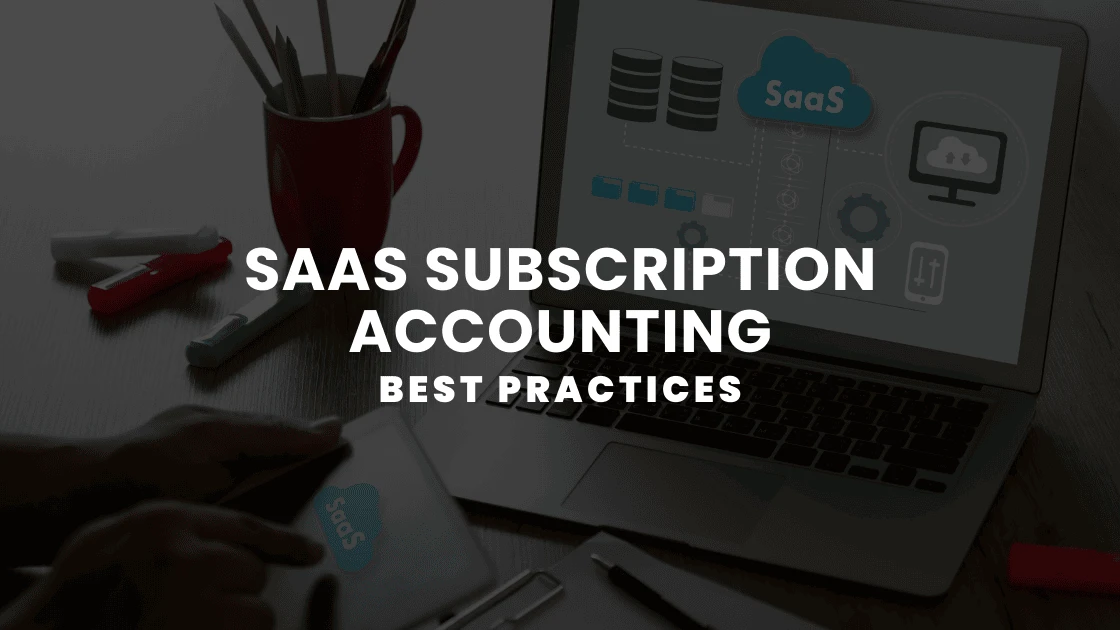October 6 2023 | By Farwah Jafri | 5 minutes Read

What is reconciliation in accounting and how does it work?
Types of Reconciliation
Why Is Reconciliation Important?
Money You Owe Others (Short-Term and Long-Term Loans)
Retained Earnings
Capital Accounts
Account Reconciliation Issues
Combining Financial Information
Bank Statements Must Match Your Records
Why We Reconcile
Fixing Errors
Balancing Act
Auditors Check Reconciliation
Conclusion
Accountants and bookkeepers use “account reconciliation” to ensure all the transactions are recorded correctly in the company’s financial records. It helps keep track of the company’s money and ensures everything is in order. They do this reconciliation at the end of each month and year to ensure everything is correct. They can also use special computer programs to help with this. These programs keep a record of all the changes and help make sure everything adds up. Let’s learn more about it!
Account reconciliation is like ensuring all the money numbers in a business match up. It’s important because it helps track money and ensure everything is correct.
Reconciliation means checking if the money in the books matches bank statements and other records. They keep a schedule of how the money changes, like when it goes up or down. They compare the money in the company’s records to the money in the bank and other important documents. They also track how the money changes over time, like when it goes up or down. For example, when checking the bank account, they ensure all checks have been cashed and all deposits are recorded. They also look out for any bank fees or mistakes. For short-term investments, they compare the company’s records with statements from investment firms or banks to make sure everything is correct. Account reconciliation helps ensure the company’s money is managed properly and everything is in order.
There are different kinds of money checks, like:
1. Checking if the bank’s money matches the company’s money.
2. Making sure short-term investments are right.
3. Checking customer money owed (accounts receivable).
4. Counting and checking the stuff a company has in stock (inventory).
5. Keeping track of things a company owns (fixed assets) and their worth.
6. Checking prepaid expenses like insurance and ensuring they’re used upright.
7. Looking at special things a company owns, like patents or copyrights.
8. Checking what a company owes to others (accounts payable).
9. Keeping track of money the company has to pay later (accrued liabilities).
Reconciliation helps make sure all the money is counted right. It is important for financial statements and to control money inside the company. It’s like double-checking to avoid mistakes.
In your record sheet, divide your loans into short-term and long-term. Start with the initial amount you owe for each. You can update it for any new loans or changes. Use a formula to decide if a loan will be paid back in the next year (short-term) or longer (long-term). Finally, see if the numbers match your overall financial records. If not, adjust them.
Ownership shares are money you’ve saved (retained earnings) and from investors (capital accounts).
For retained earnings, take your starting balance, add your profits, subtract your losses, and subtract any cash you’ve given out as dividends. Check your profits on your income statement and make sure dividends match your records.
Next, check your capital accounts. Start with the initial amount, add investments, subtract withdrawals, and adjust to match your overall records. These accounts include details about your company’s stock, investments, and treasury shares.
Account reconciliation problems often come from timing issues, missing or incorrect transactions, or mistakes in your records. Errors could include writing something down twice or counting an expense as an asset. Fix any accruals from the previous month to avoid issues.
If you have multiple companies, you should combine special information. This process, called consolidation, can be done using software or spreadsheets. Make sure to handle transactions between the companies properly.
It’s crucial to make sure your bank statements match your financial records. If they don’t, you risk missing fraud or errors. Inaccurate records can also mess up your cash flow.
Account reconciliation is all about making sure your financial statements are accurate. It helps prevent mistakes and fraud. Reconciliation is a part of the whole accounting process. During this process, you ensure your records match external documents, like bank statements, and fix any errors.
If you find errors during reconciliation, you can correct them in your general ledger by adjusting entries. Or, if the mistake is in a sub-ledger, fix it there.
The totals of your accounts in the general ledger should always match up – the money coming in (debits) should equal the money going out (credits).
During an annual audit, auditors review your account reconciliation to ensure everything is up and up. They’ll review your trial balance, general ledger, and other records to ensure accuracy.
Account reconciliation is a critical process ensuring financial records’ accuracy and consistency. It involves comparing financial data sets, such as bank statements and internal records, to identify and rectify discrepancies. By reconciling accounts regularly, businesses and individuals can maintain financial integrity, detect errors or fraud, and confidently make informed financial decisions. For more information and new insights on ongoing accounting and financial topics, contact Monily at info@monily.com or visit monily.com.
Also Read: A Comprehensive Guide To Reconciliation In Accounting
Subscribe for business tips, tax updates, financial fundamentals and more.
MORE BLOGS

Running a SaaS business can look simple from the outside. Customers sign up, pay monthly or yearly, and keep using the product. Quite straightforward, right? Behind […]
Learn More →
Revenue is the heartbeat of any SaaS business. But how and when that revenue shows up on your books can change everything, from investor confidence to […]
Learn More →
If you’re a small business, we will absolutely get it if you say you’re having a hard time choosing a payment platform for your company. And […]
Learn More →